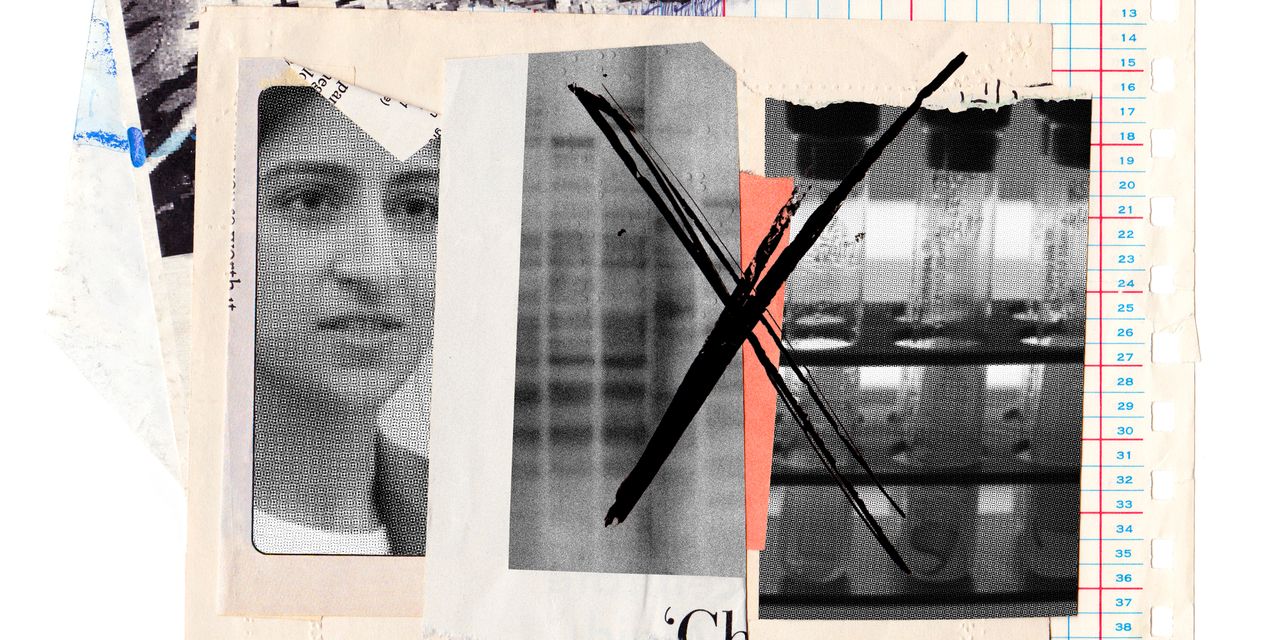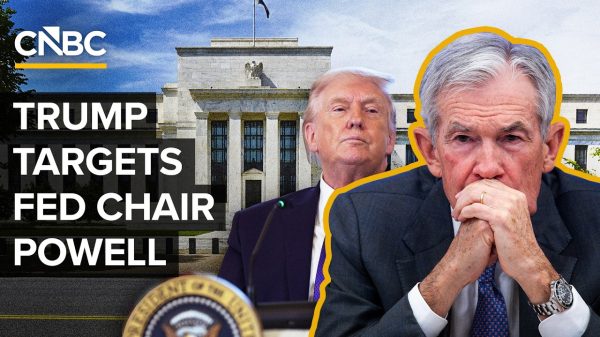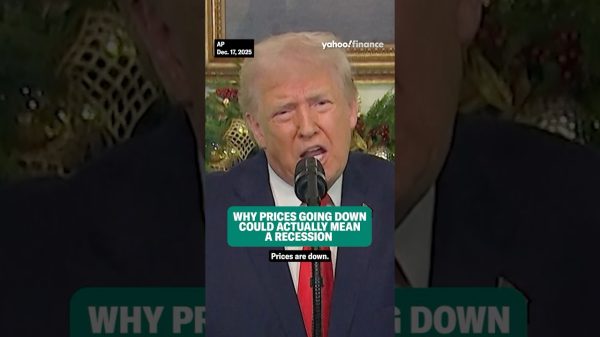The biotech company
Illumina
has become a battleground between big business and big government.
In the coming months, courts in the U.S. and Europe will rule whether Illumina (ticker: ILMN) must abandon its $8 billion acquisition of the cancer-testing company Grail, under orders of antitrust authorities. Illumina argues that it’s the victim of administrative-state overreach. Millions could die of cancer, says the company, if bureaucrats bust up the deal.
Regulators are too dismissive of the merger’s potential benefits, says Bilal Sayyed, a former policy official at the Federal Trade Commission who is now at the think tank TechFreedom. Slowing the advance of blood tests for cancer could do real harm, he warns: “It’s not like paying a few dollars more at the gas pump, or a few dollars more for your grocery basket.”
To critics of executive-branch power and of the FTC’s activist chair, Lina Khan, Illumina’s case might be their ticket to the U.S. Supreme Court and a ruling that blunts agency power. The case could reach the high court in the next term, which starts in October.
One thing makes Illumina’s test case less compelling: Many shareholders want the company to lose.
Investors hate the Grail acquisition. Discontent with the deal fueled Thursday’s proxy contest vote that gave chairman John Thompson’s board seat to an employee of activist Carl Icahn. Since the San Diego-based company closed its Grail deal in 2021, Illumina shares have slumped by two-thirds, to a recent $189, knocking $50 billion from the company’s market value. Some of that drop reflects a slowdown in Illumina’s own growth, but it’s also clear that Grail could lose billions over the next decade before its tests turn a profit. The stock perks up when the merger looks doubtful, and slumps when the merger appears on track.
When Illumina closed the Grail deal in August 2021, Illumina stock had just hit a record high of $526. llumina’s technology for reading DNA sequences earned 25% margins and drove medical breakthroughs.
Illumina had spun out Grail several years earlier to let it develop a blood test that might detect early signs of cancer. When Grail announced in 2020 that its test could find 50 kinds of cancer in a blood sample—including cancers of the pancreas or ovary, which lack a screening test—Illumina agreed to reacquire it. Multi-cancer early detection tests could lift Illumina’s annual revenue from billions to tens of billions, said CEO Francis deSouza.
But Illumina’s clinical lab customers also aimed to develop multi-cancer early detection tests. Like Grail’s, the tests under development at
Exact Sciences
(EXAS) and
Guardant Health
(GH) rely on Illumina sequencers. They feared that owning Grail might tempt Illumina to hinder their access to its sequencing technology.
Antitrust enforcers in the U.S. and Europe challenged the merger. The FTC and the European Commission each argued that Illumina had the incentive and ability to foreclose Grail’s rivals from catching up to its lead in multi-cancer early detection.
In a surprise twist last September, the FTC’s in-house judge dismissed the agency’s challenge, satisfied by Illumina’s promise to offer sequencing technology to Grail’s rivals on the same terms as Grail. Days later, however, Europe barred the deal. Then, in April, the FTC’s Democratic and Republican commissioners all voted to overrule their judge and bar the deal.
Illumina must now win court appeals in both Europe and the U.S.
In Europe, Illumina argues that antitrust enforcers have no jurisdiction over the purchase of Grail, because Grail has yet to do business in the region. Indeed, regulators there asserted authority under a roundabout mechanism that lets the European Commission help member countries with local antitrust reviews.
Illumina public affairs chief John Frank said there’s broad industry support for closing the loophole used by the commission to claim jurisdiction.
“It’s a big issue in antitrust circles here,” says Alec Burnside, a veteran antitrust lawyer with Dechert in Brussels who Illumina hired to discuss the case. As a precedent, he says, the case could set Europe up to police mergers anywhere in the world.
The European Union’s lower court supported regulators, so Burnside said time will tell whether the “strong arguments” for Illumina will win its appeal to the EU’s higher court. The decision could come by year’s end.
In the U.S., Illumina plans to ride the wave of conservative thinking that’s swept some federal courts. It took its appeal to the New Orleans-based Fifth Circuit Court of Appeals, whose past rulings have trimmed the powers of federal agencies.
“Merger law relies on findings of fact,” says Georgetown University economist and law professor Steven Salop. Illumina and the FTC differ on whether firms like Exact Sciences and Guardant are close competitors of Grail; whether Illumina has an incentive to put them at a technology disadvantage; and whether Illumina can accelerate multi-cancer testing.
The Fifth Circuit has put the appeal on a fast track, meaning the court might rule by September—in time for the Supreme Court’s next term. Critics of the administrative state hope Illumina’s case will inspire a decision by Supreme Court conservatives that curbs the power of antitrust enforcers at the FTC and the Department of Justice.
The FTC declined to comment.
Despite all the skirmishing, Grail’s business has been a bust. Sales have been slow to take off, and the venture is losing money at the rate of $800 million a year. The test costs $949, and insurers won’t widely cover it until Medicare does. Medicare won’t cover it until Grail conducts big clinical trials and wins Food and Drug Administration approval.
Whatever hopes deregulation advocates may have for Illumina’s case, on Wall Street many analysts predict a Grail divestment. Even deSouza recognizes the merger’s unpopularity: He and his colleagues told the Street they may divest Grail regardless of the legal outcome.
As usual, investors are ahead of the lawyers.
Write to Bill Alpert at [email protected]
Read the full article here











